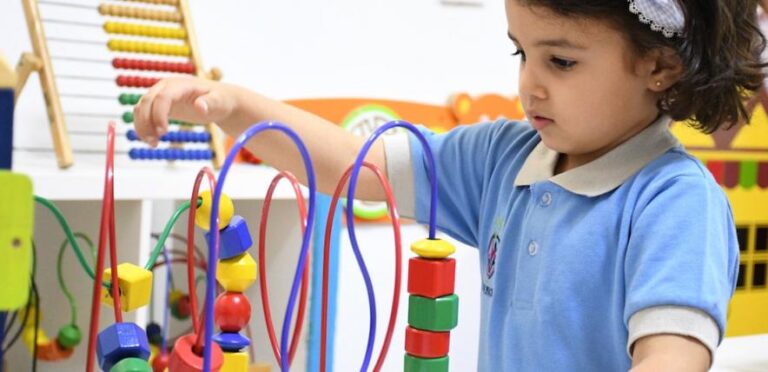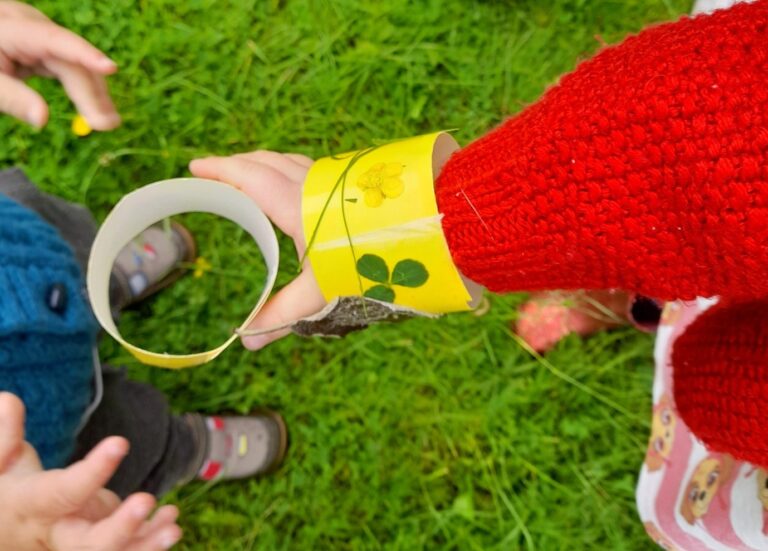Last week was all about chocolate eggs. This week we’re thinking about real eggs and why they’re good for children. This blog post from Early Years Nutrition explains why eggs are an easy but nutritious meal for your growing child.
A valuable source of protein
The protein food group, which includes meat, fish, eggs, beans and nuts, is an important part of the diet for rapidly growing young children.
Toddlers need two portions of protein-rich foods each day, or three portions if they are vegetarian.
Protein is an essential building block for healthy physical development in the early years, helping to grow bone, muscle and tissue and transporting other nutrients around the body.
Babies and children need a significantly higher amount of protein in their diet than adults because they have so much growing to do.
But in addition to muscle and tissue, proteins are also critical for the healthy development of the brain and hormone and immune systems.
Eggs are rich in protein and also contain other nutrients — iron, Vitamin D, Vitamin A, B12, folate, iodine and omega 3s — making them a valuable contribution to the diet.
Eggs are a versatile and nutritious alternative source of protein to meat and fish, and are the ultimate fast food as they take minutes to prepare!
Whether you are a vegetarian or not, try and include eggs as a main meal every now and then.
Storing and preparing eggs safely
Because of improved food safety standards infants can have food containing raw egg or eat lightly cooked eggs — provided the eggs are in date, are hens eggs and have the British Lion stamp on them.
But if you are concerned about food poisoning than the safest way to eat eggs is always to cook them thoroughly.
Inside the egg and the shell can also contain bacteria which can be passed on easily so always wash your hands, utensils and surfaces thoroughly after handling eggs and shells.
And avoid using eggs with damaged shells because bacteria could get inside the egg.
Some ideas with eggs
Eggs taste great without the need for added salt. You can cook them without adding any fat if using a non-stick pan, or use a small amount of unsaturated oil or spread but steer clear of butter as this adds saturated fat.
Here are some tips on how to include them in the diet and make them exciting for your little ones:
- Make an omelette, adding onion, red and yellow peppers and new potatoes – a quick and easy main meal
- Make scrambled eggs cooked and served on wholemeal toast
- Try soft boiled eggs and strips of toast for dipping for breakfast
- Hard boiled eggs make great snack for on the go
- Draw a face on a hard-boiled egg to make your child smile at snack-time!
- Offering sliced hard-boiled eggs as a snack choice in nurseries can be a useful way to enhance the vegetarian menu.
Get cracking! And you can easily meet those daily protein portions for your little ones.
This article first appeared on the Early Years Nutrition Partnership blog in 2017 and also contains additional information added in April 2018.
Where next?
Vegetarian meal ideas for toddlers











